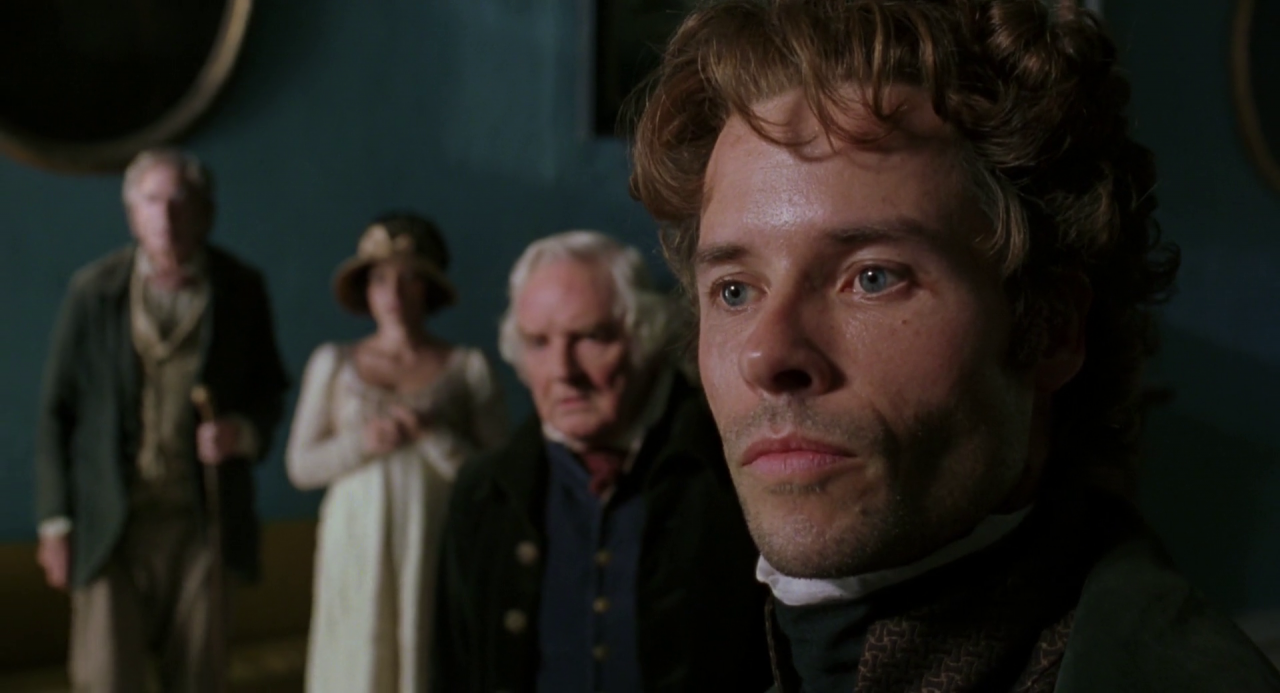Re-examining Dumas' The Count Of Monte Cristo: A Critical Review

Table of Contents
The Allure of Revenge: Exploring Edmond Dantès' Journey
The Justification of Vengeance: Does the novel condone revenge, or does it offer a cautionary tale?
Edmond Dantès' transformation from a naive young sailor to the cunning Count of Monte Cristo is central to the novel's appeal. His quest for revenge, fueled by betrayal and wrongful imprisonment, is undeniably compelling. But does Dumas condone this path?
- Dantès' transformation: We witness his descent into meticulous planning and calculated cruelty, raising questions about the moral implications of his actions. Is his revenge justified, or does it become a destructive force?
- Moral ambiguity: The novel doesn't shy away from portraying the moral ambiguity of Dantès' actions. While we sympathize with his suffering, his methods are often brutal and far-reaching, affecting innocent lives.
- Consequences of revenge: Dumas skillfully illustrates the devastating consequences of Dantès' quest. His pursuit of vengeance consumes him, impacting his own happiness and relationships. This suggests that revenge, even when seemingly justified, ultimately brings more pain than satisfaction.
- Poetic justice: The novel explores the concept of poetic justice, where the villains receive their comeuppance. However, the manner in which this justice is delivered often leaves a lingering unease, hinting that there might be more effective paths to resolution. This ambiguity enhances the complexity of Dumas' exploration of revenge and justice.
Keywords: revenge, justice, morality, Edmond Dantès' transformation, poetic justice, consequences of revenge.
The Complexity of the Antagonists: Are the villains merely evil, or are there nuances to their motivations?
The antagonists of The Count of Monte Cristo are not simply one-dimensional villains. Dumas provides insights into their motivations and flaws, enriching the narrative's complexity.
- Fernand Mondego: Driven by ambition and jealousy, Fernand's betrayal of Dantès is fueled by a desire for social advancement and Mercédès' affection. His actions, while reprehensible, are understandable within the context of his character.
- Danglars: Danglars' betrayal stems from envy and a ruthless pursuit of wealth and power. His character reveals the corrosive nature of greed and ambition.
- Villefort: Villefort's actions are motivated by a desperate attempt to protect his career and reputation. His complicity in Dantès' wrongful imprisonment highlights the corruption within the judicial system.
- Antagonist analysis: The multifaceted nature of these villains elevates the narrative beyond a simple tale of good versus evil. Their flaws and motivations make them complex and believable antagonists, adding layers of depth to the story.
Keywords: Fernand Mondego, Danglars, Villefort, character analysis, villain motivations, antagonist analysis.
Themes Beyond Revenge: Exploring Deeper Meanings in The Count of Monte Cristo
The Power of Justice (or the Lack Thereof): How does Dumas portray the judicial system and its flaws?
The Count of Monte Cristo serves as a powerful critique of the French legal system and its inherent flaws. The injustice suffered by Dantès highlights the vulnerability of individuals within a corrupt system.
- Injustices suffered by Dantès: The novel starkly illustrates the ease with which an innocent man can be wrongly accused and imprisoned due to political machinations and personal vendettas.
- Corruption within the system: The complicity of Villefort and others reveals the deep-seated corruption and lack of accountability within the judicial system.
- Retribution (or lack thereof): While Dantès achieves a form of retribution, the novel subtly suggests that true justice is more elusive and multifaceted than his carefully orchestrated revenge. The question remains: Does his actions truly address the systemic issues?
Keywords: justice, injustice, corruption, judicial system, French legal system, societal critique.
Love, Loss, and Redemption: Beyond revenge, what other powerful themes shape the narrative?
Beyond the thrilling tale of revenge, The Count of Monte Cristo explores profound themes of love, loss, and the possibility of redemption.
- Dantès and Mercédès: The relationship between Dantès and Mercédès is central to the story. Their love story, marked by betrayal and separation, highlights the enduring power of love and the complexities of forgiveness.
- Haydée: Haydée's storyline offers another dimension to the themes of love, loss, and revenge. Her experiences parallel those of Dantès, adding depth to the narrative.
- Redemption: While the novel is driven by revenge, it also allows for the possibility of redemption for some characters. This adds a layer of complexity and morality to the story's conclusion. Some characters, despite their actions, find a form of redemption, suggesting a potential for change and forgiveness.
Keywords: love, loss, redemption, relationships, character relationships, Mercédès, Haydée.
The Enduring Legacy of The Count of Monte Cristo
Its Influence on Popular Culture: How has the novel impacted film, television, and other media?
The Count of Monte Cristo has left an indelible mark on popular culture, inspiring numerous adaptations across various media.
- Film adaptations: From silent films to recent Hollywood productions, the story has been consistently reinterpreted for the screen, demonstrating its enduring appeal.
- Television adaptations: The novel has been adapted into numerous television series, miniseries, and even animated versions.
- Cultural impact: The enduring popularity of these adaptations underscores the novel's timeless themes and its capacity to resonate with different generations. These adaptations often highlight different aspects of the story, showcasing its versatility and richness.
Keywords: film adaptations, television adaptations, popular culture, cultural impact, adaptations of The Count of Monte Cristo.
Its Relevance in the Modern World: What aspects of the novel continue to resonate with contemporary audiences?
The themes explored in The Count of Monte Cristo remain surprisingly relevant in the modern world.
- Revenge and justice: The themes of revenge and justice continue to resonate deeply, particularly in societies grappling with inequality and injustice.
- Social inequality: The novel's critique of social injustice and corruption resonates with contemporary audiences who grapple with similar issues.
- Timeless themes: The powerful themes of love, loss, betrayal, and redemption transcend time and continue to resonate across cultures and generations.
Keywords: modern relevance, social commentary, contemporary themes, social inequality, timeless themes.
Conclusion
This critical re-examination of The Count of Monte Cristo reveals a layered narrative that transcends its adventure genre. Dumas masterfully explores themes of revenge, justice, love, and loss, creating characters that remain compelling and relevant even today. While the novel's focus on revenge might spark debate, its exploration of deeper societal issues makes it a timeless classic. The enduring legacy of The Count of Monte Cristo is a testament to Dumas' masterful storytelling and the power of his exploration of universal human experiences.
Have you re-evaluated your understanding of The Count of Monte Cristo after reading this analysis? Share your thoughts and interpretations in the comments below. Let’s continue the conversation about this enduring masterpiece and re-examine its themes together! Dive deeper into the world of Alexandre Dumas and The Count of Monte Cristo — your own critical review awaits!

Featured Posts
-
 Urgent Weather Update Heatwave Sweeps Across 5 South Bengal Districts
May 04, 2025
Urgent Weather Update Heatwave Sweeps Across 5 South Bengal Districts
May 04, 2025 -
 Britains Got Talent Analyzing Teddy Magics On Air Incident
May 04, 2025
Britains Got Talent Analyzing Teddy Magics On Air Incident
May 04, 2025 -
 Crack The Code 5 Dos And Don Ts To Secure A Private Credit Role
May 04, 2025
Crack The Code 5 Dos And Don Ts To Secure A Private Credit Role
May 04, 2025 -
 The Lindsey Buckingham And Mick Fleetwood Reunion Details And Speculation
May 04, 2025
The Lindsey Buckingham And Mick Fleetwood Reunion Details And Speculation
May 04, 2025 -
 Ufc Fight Night Sandhagen Vs Figueiredo Espn 67 Results Recap
May 04, 2025
Ufc Fight Night Sandhagen Vs Figueiredo Espn 67 Results Recap
May 04, 2025
